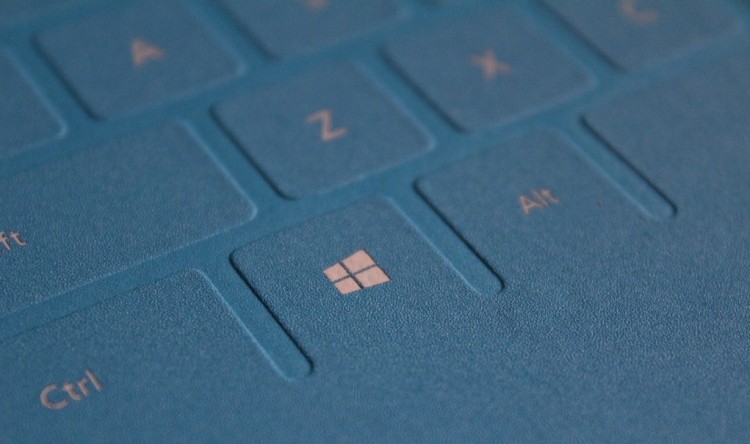When Microsoft announced it would write-down $900 million in Surface RT inventory, many thought it could signal Microsoft’s exit from the market and that the company would return to its old model of leaving its hardware partners to build Windows devices. Yet Microsoft defied those who called for the exit and forged ahead with the Surface 2 product line.
On paper, it seems like a foolish move and that Microsoft is throwing its money away on creating a product that consumers do not want. But if you look at the market as a whole in tandem with Microsoft’s new strategy, you can begin to see why the company is willing to lose money in this segment up front in a bid to secure long-term success.

Right now, in the mobile market, Microsoft does not have a strong footprint, and the time has come to make heavy-duty investments to ensure that Windows is part of the tablet conversation. If they don't move now - if they do nothing - despite the losses, they will end up in worse shape than in the smartphone segment, in which Microsoft has only managed to gain roughly 3% of the worldwide market.
This article is brought to you in partnership with Neowin.